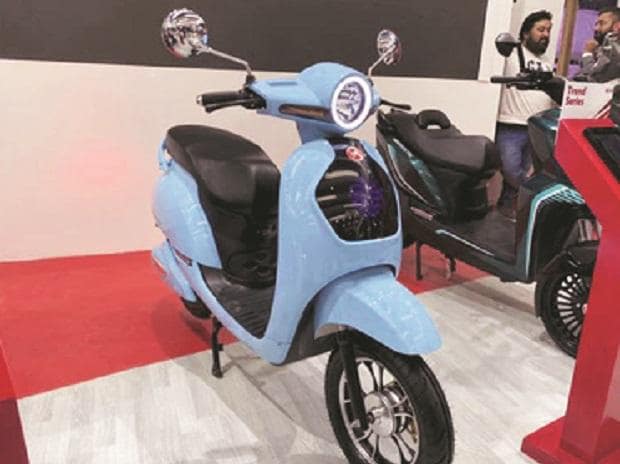Hero Electric denies receiving ministry letter for subsidy recovery
Hero Electric denied receiving a letter from the Ministry of Heavy Industries (MHI) regarding “falsely alleged subsidies” for electric two-wheeler (E2W) vehicle manufacturing.
“…we’ll be happy to respond to it if and when we get it, hopefully it will open doors for dialogue and resolution rather than the stalemate of the past 15 months,” said Sohinder Gill, CEO of Hero Electric. in a statement on Sunday.
“This may be the first step to help us quickly recover the Rs 500 crore which has been held with the (MHI) Ministry as an unpaid subsidy,” Gill said.
“We are confident that unlike previous executives who halted all our attempts to come up with any solution, the current ones will work on a workable solution based on the situation on the ground and will quickly replace the closed support that has paralyzed our business operations,” Gill said.
Gill said Hero Electric has followed the Central Motor Vehicle Rules (CMVR) and certification process to manufacture and sell its full range of e-bikes for the past 15 years.
The lack of localization on the part of the company is due to logistics. “Localization of up to 50 per cent is a guiding light designed to nudge local entrepreneurs and industry towards a Made in India mentality. However, a 5 per cent, 7 per cent or 10 per cent shortfall in the final product should not be read as backwardness. The repayment is intentional, but rather a logistical crisis,” Gill said.
Gill said mass manufacturing market leaders in 2019-21 were hardest hit by the supply chain crisis that worsened during Covid-19 in 2020 and 2021.
Late entrants in the electric vehicle space, such as Ola Electric, Bajaj, TVS, Kinetic and Okaya, benefited when the supply chain started to take off in small numbers, Gill said.
“So the problem to solve is for the two to three years starting in 2019 that didn’t have a supply chain and also suffered a Covid blackout period from whatever small scale Indian component was trying to do.”
Hero Electric alleged attempts to “disrupt its business through brand exaggeration, sensationalism and defamation.”
“A mass attack that went on 15 months ago to shake our market leadership of nearly a decade,” she said.
